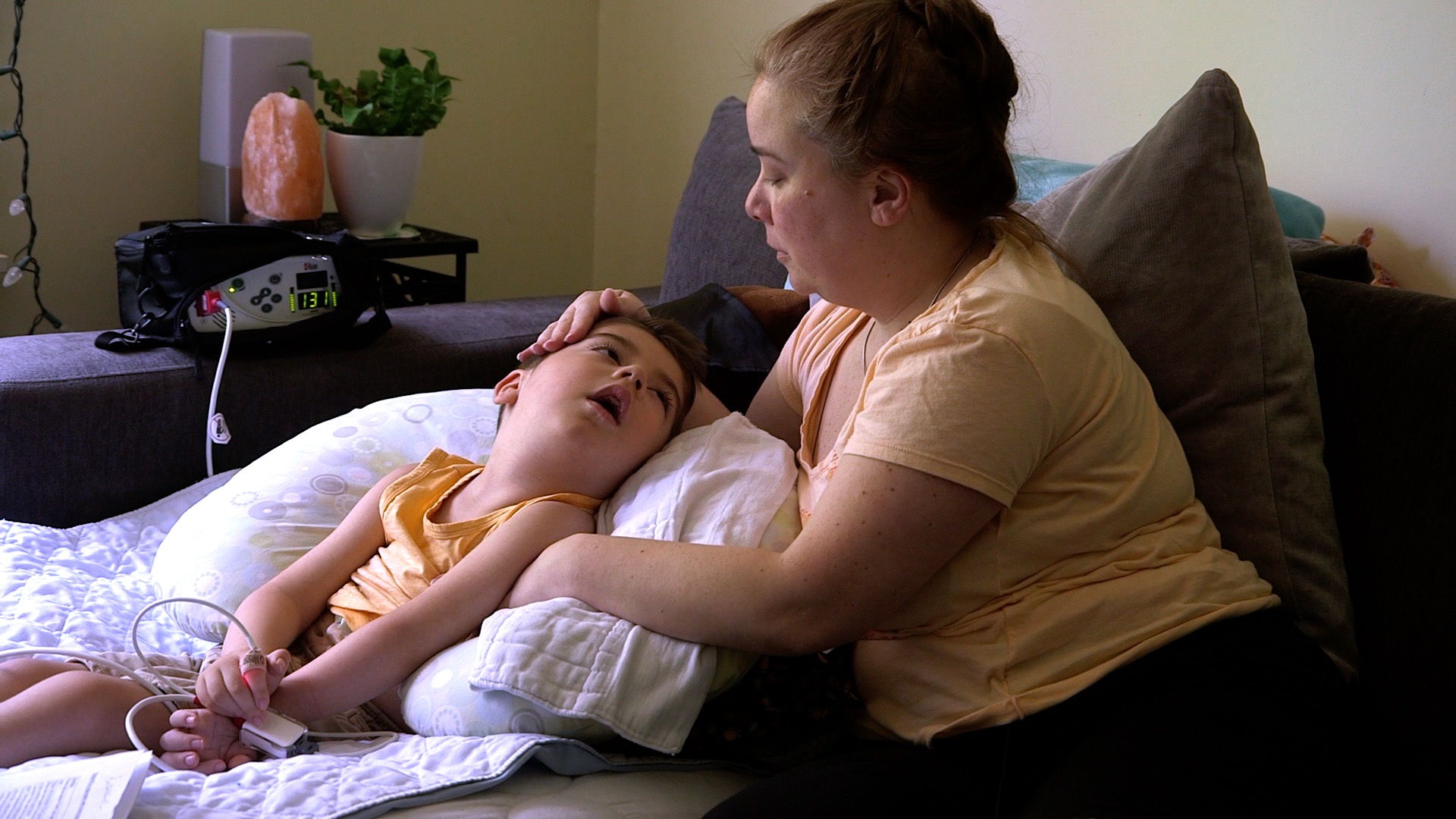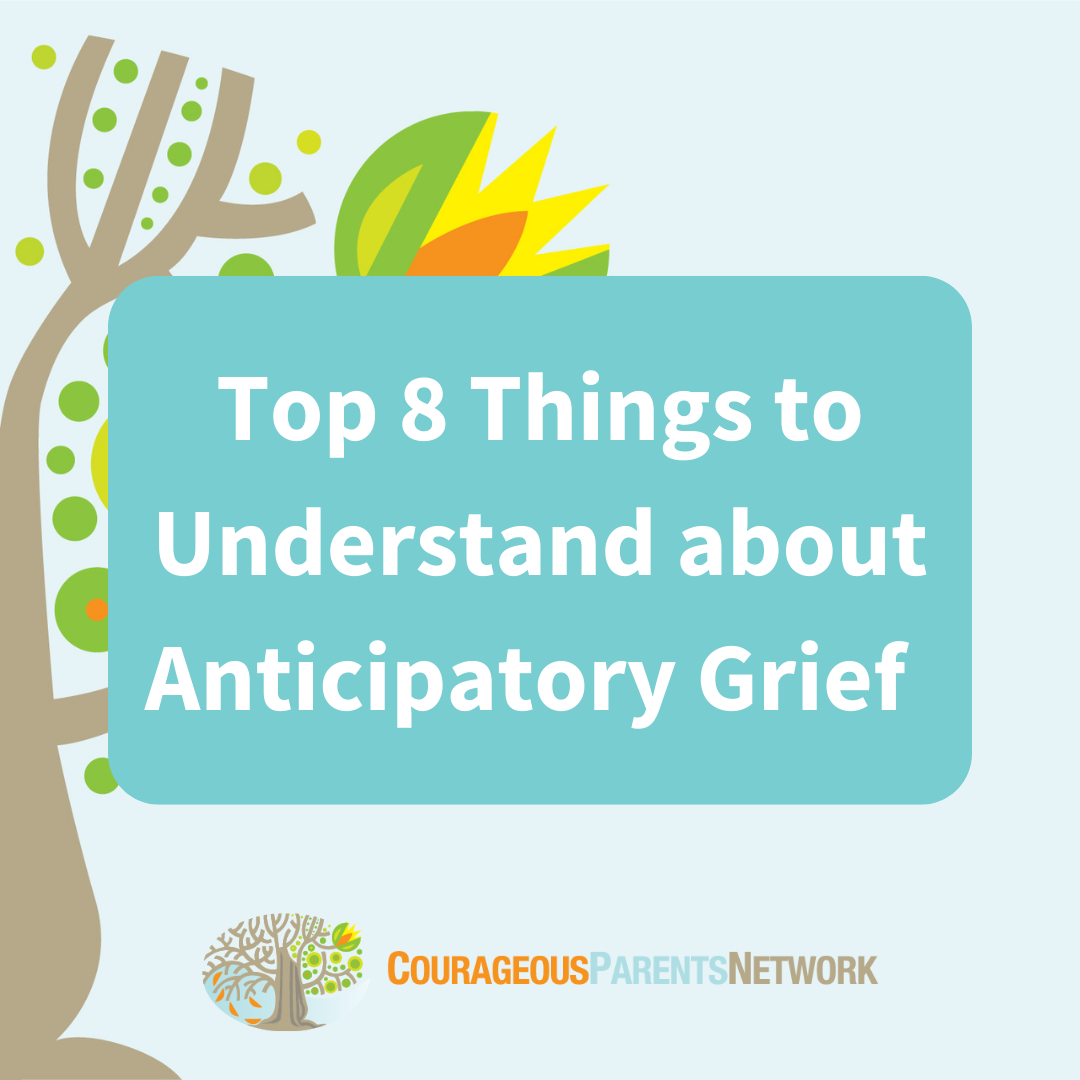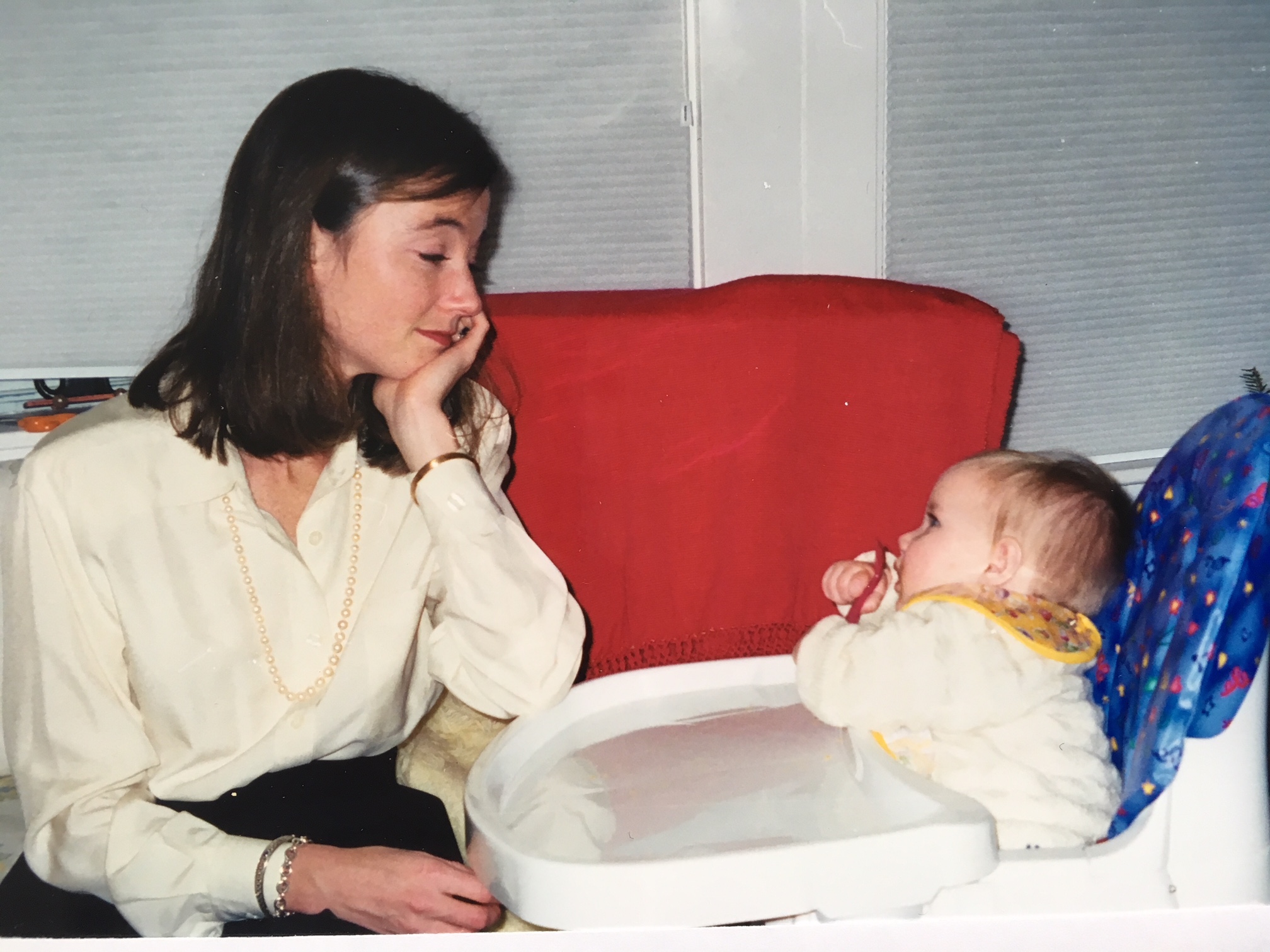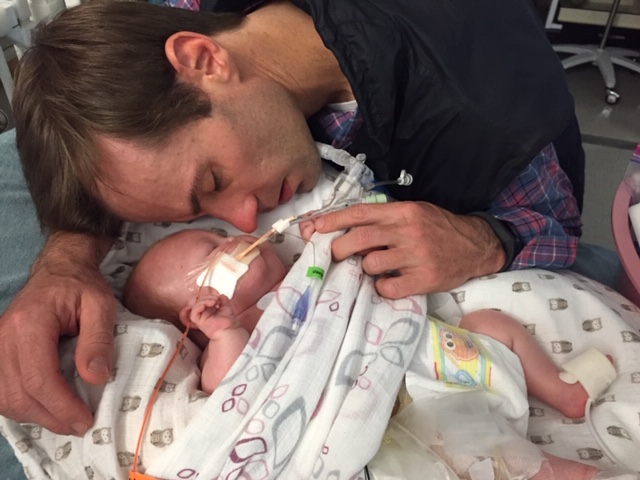
Anticipatory Grief
Learning that your child has a rare and/or life-limiting condition may be unexpected and a complete shock. Or, the answer to questions you already had. Either way, it literally changes everything. It’s an overwhelming and isolating new world. And it’s impossible to avoid the sense that this is just the beginning.
That sense brings with it a rush of feelings. A serious illness means a series of losses to anticipate and dread. Many families find it helpful to name these feelings. They also find it comforting to learn that the feelings are normal, and part of a process with its own name: anticipatory grief. We usually associate grief with thoughts and feelings to be experienced in the future, but anticipatory grief means grappling with and grieving the loss before it completely unfolds. It can take many forms: sadness, tearfulness, anger, irritability, loneliness, guilt, anxiety, a desire to talk or to withdraw. It may show up in physical problems, such as sleep or memory difficulty, headache or other physical pain. It may include a mental rehearsal of death and the hours/days following the death. It may include a need to engage in immediate decision-making around preparation for the death. It could also be complete avoidance of these issues.This all can be confusing and scary, and make you doubt your ability to cope. Understanding and naming it can go a long way toward helping you to accept your feelings and to stay functional.












